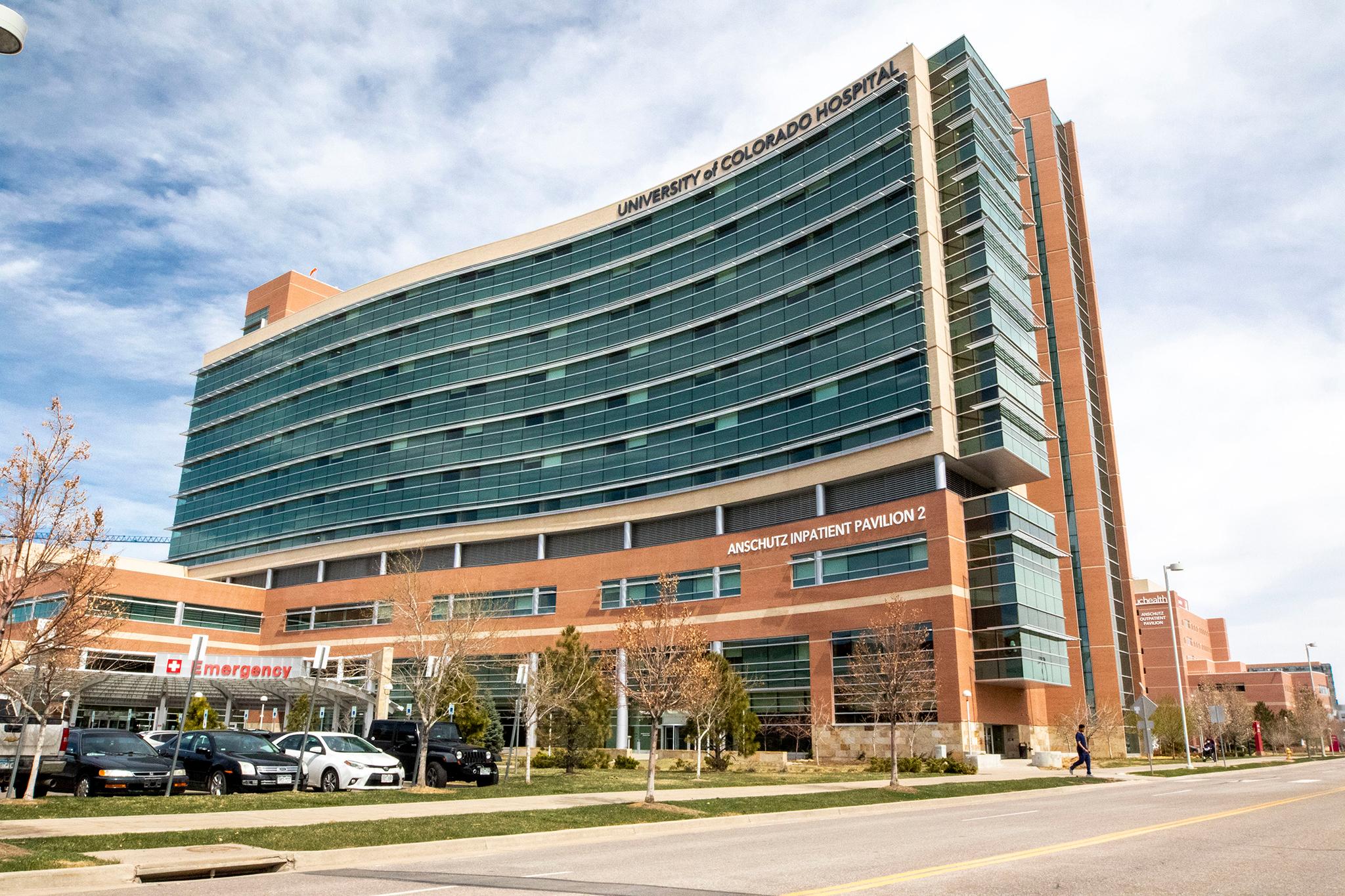
Hundreds of specialists and general medicine clinicians who haven’t stepped in a Denver metro hospital in years are training to go back as the onslaught of COVID-19 patients threatens to overwhelm emergency departments and intensive-care units.
In the UCHealth system, more than 100 doctors, mostly specialists who work in out-patient clinics, have volunteered for hospital duty. At Kaiser Permanente, another 100 are in a similar program.
For the doctors, that means everything from learning the hospital computer systems to remembering what it’s like to whip out a stethoscope to listen to someone’s lungs — if necessary.
“It’s just going to be a matter of getting back on the bike and riding it. Undoubtedly, I’ll look at some references, to make sure my memory serves,” said Dr. Rich Altman, who normally works in a primary care clinic for UCHealth. “The thing that most docs are going to have trouble with isn’t the medicine of it, it’s the technology and the workflow: Where do I even start?”
UCHealth created an intensive training guide for the doctors shifting over. That includes “care pathways” in how to treat the more basic ailments that require hospitalization. But the guide’s main focus is on getting the clinicians up to speed on the complicated hospital setting.
“The medical skills aren’t that different … So the training isn’t specifically, how do you diagnose pneumonia? Because everyone sort of knows that,” said Dr. Tyler Anstett, who has been leading UCHealth’s effort to gear up for a COVID-19 surge.
Anstett explains there may be out-patient anesthesiologists who need to learn the routines of ICU, and primary care doctors getting up to speed on what it takes to admit and discharge someone.
But he emphasized that the call up would not lead to doctors performing procedures they’re not qualified for — a fear that’s been floating around on social media. UCHealth will not ask a dermatologist to do pulmonology or an OB-GYN to intubate someone, Anstett said.
“We’re not going to repurpose people out of their comfort zone,” Anstett said. Instead, if “that gastroenterologist hasn’t done this in a while, all that she would have to do is look at that care pathway — and if you haven’t picked up a stethoscope in awhile, click here and see how,”
Kaiser Permanente is embarking on a similar effort, shifting clinicians into hospitals in preparation for a surge.
Dr. Wendolyn Gozansky said they hope to employ the specialists already in high demand — pulmonologists, anesthesiologists, urgent care and hospital medicine docs — exclusively to care for the sickest COVID-19 patients. Everyone else will be distributed throughout the hospital to care for all the other ailments that will continue to bring people in.
“We want to be sure we have enough providers working in the hospital setting to care for what could be an influx of people,” Gozansky said. “But life continues as well and we’ll still have patients that need attention for a heart attack or a broken bone.”
The massive redeployment of health care workers is already being seen in some of the state’s urgent care facilities.
Many of the more than dozen UCHealth urgent care clinics along the Front Range have grown quiet as the global pandemic spreads through Colorado. That’s likely mostly because people are afraid of going to doctor’s offices and encountering people with COVID-19, said Dr. Chris Davis, the system’s medical director for virtual health.
Davis has shuttered a couple of quiet urgent care centers and shifted their doctors to telemedicine to help address a 1000 percent increase in demand for electronic urgent care visits. UCHealth has gone from handling around 20 of those visits a day to about 250 now.
Those calls are both from people sick with COVID-related symptoms who want to talk to someone and from people with other problems who aren’t comfortable going out to the doctor’s office right now.
“We are in the thick of it,” Davis said. “These are doctors who are already credentialed, trained, active and they say ‘how can I help?’ And it’s back to that sort of patriotic, volunteerism: ‘We’re in a pandemic disaster. How can I help because I’m not busy.’”
Dr. Brandon Combs is among those gearing up to head into a hospital after working in a UCHealth outpatient clinic in Denver’s Lowry neighborhood for the past several years.
“I think many of us have a strong sense of duty,” Combs said. “I think to have a valued and an applicable skill set and to not employ it doesn’t feel like the best. If there is a need and my colleagues and my patients need my assistance, it just feels like something I have to do.”
His UCHealth colleague Dr. Altman agrees.
“If you think of us as parachutists, getting ready to parachute into a warzone, just before you get on a plane, you read a training manual, kind of refresh your memory,” he said. “And strap on your parachute and jump in and hope your training takes hold again.”








